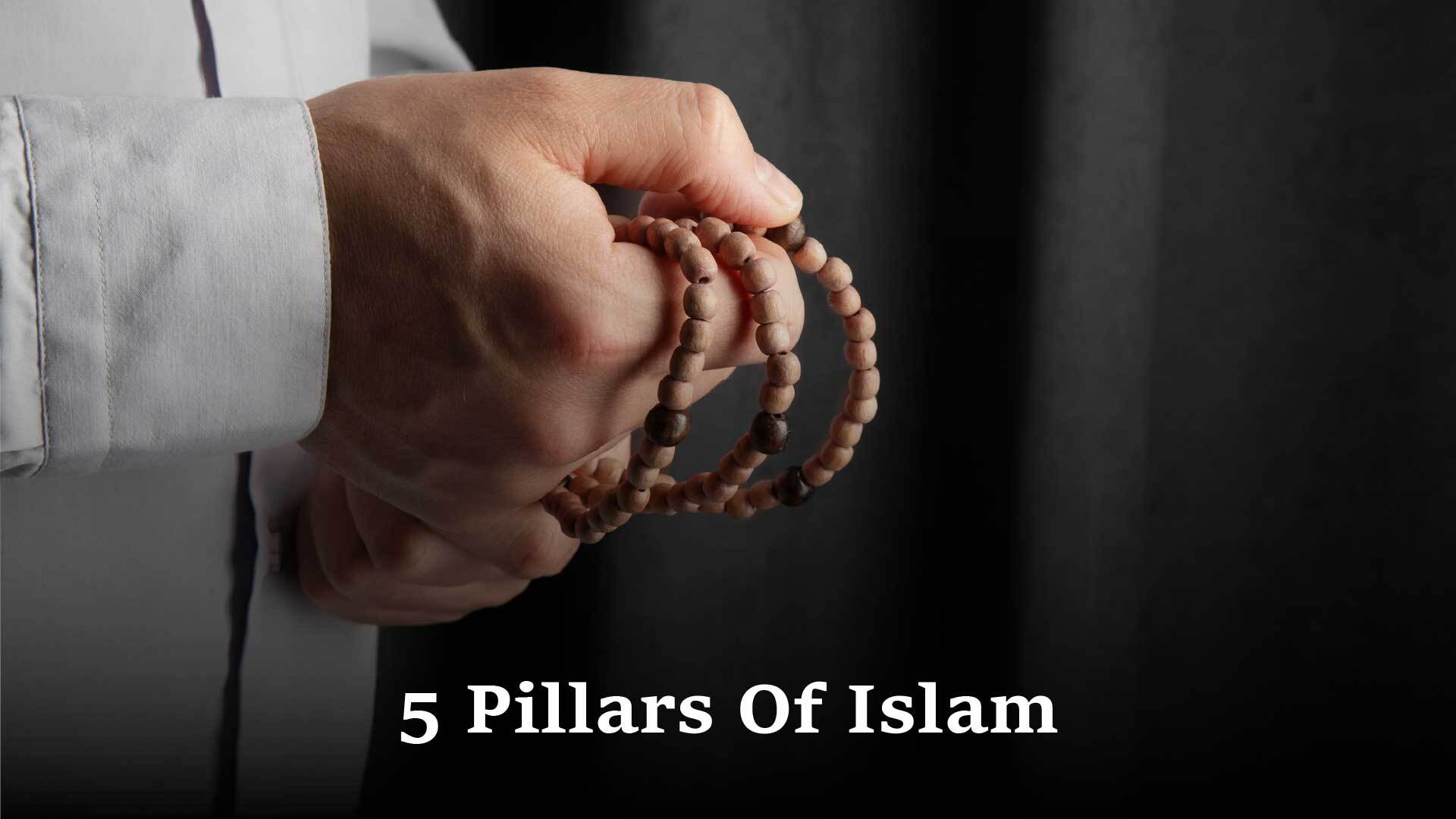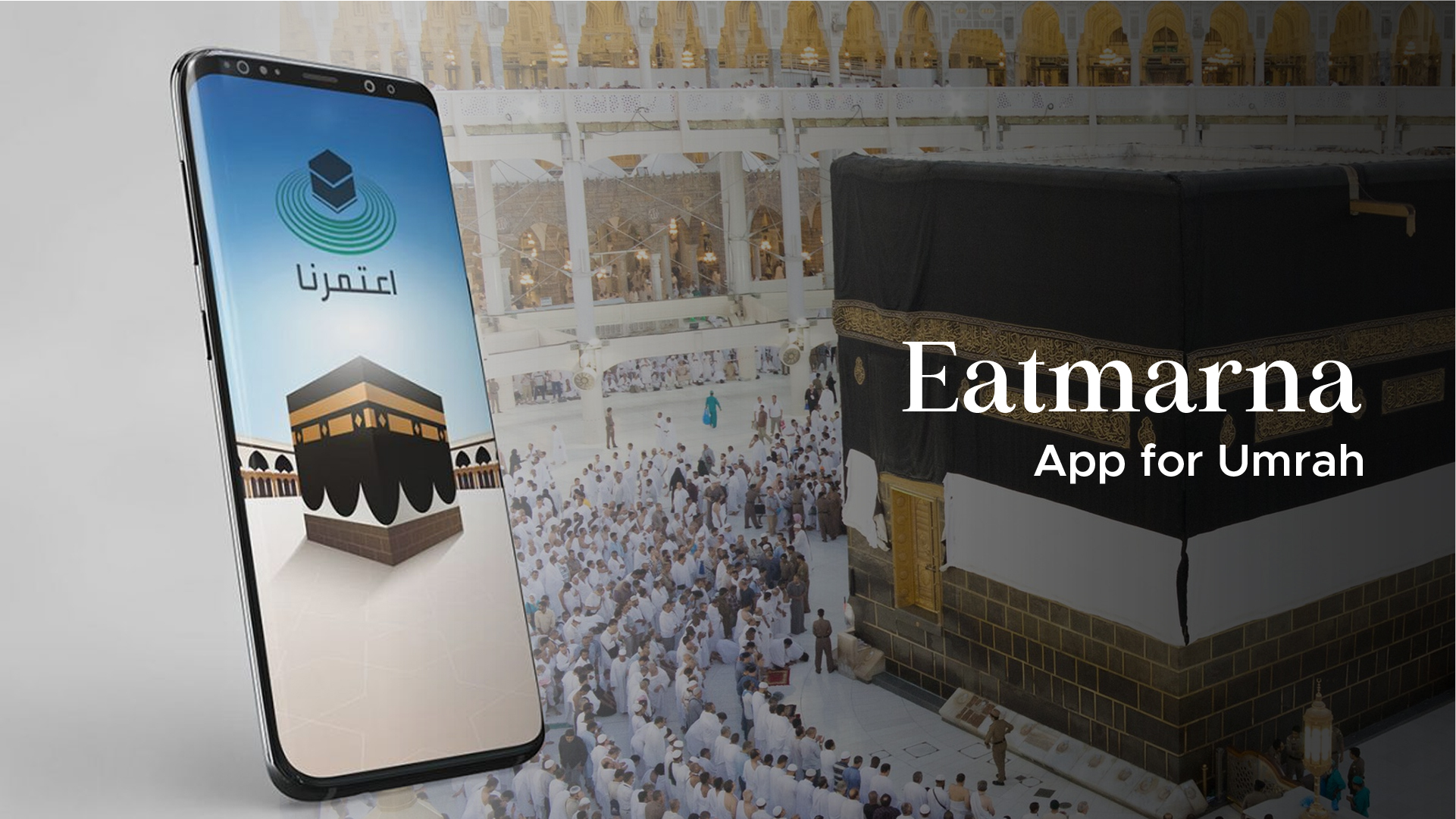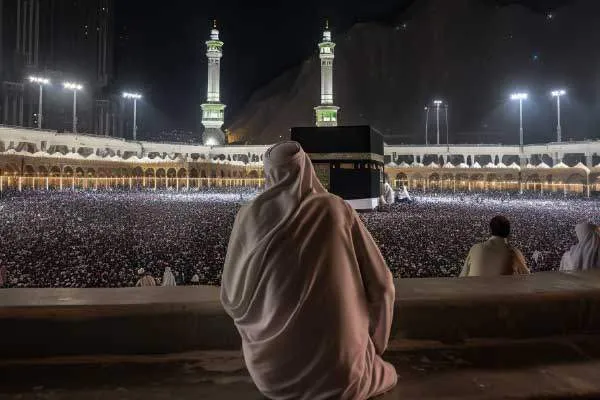The Five Pillars of Islam
The foundation of Islam comprises five basic elements that are the framework of a Muslim life. These basic fundamental actions of being the pillars or roots of Islamic building. They are summarized as, Faith or believe in God in a specific way, the ritual prayer, the “Zakat” which refers to giving the money to needy persons, ritual fasting to be purified and pilgrimage to Makkah. These are the actions which are accepted by all sects of the Muslims solely which are deemed mandatory to perform by the believers/Muslims to make up whole the Muslim life. Each one is mentioned in the Quran and hadith separately with great importance and all the Muslims are commanded to spend their life according to these most fundamental actions. The primary Obligations which every Muslim is expected to perform are elaborated in detail here.
1. Shahadh (Testimony of Faith) 
The first and foremost fundamental component of Islam is the faith called “Shahadh”. It is the proclamation of that “no one has right to worship except one (Allah) and the Muhammad (PBUH) is the messenger of ALLAH. All Islamic practices performed by a person are useless if he/she doesn’t have a strong belief of above-mentioned statement It is essential for everyone who wants to convert to Islam or to be a pure Muslim to testimony of faith with solemnly acknowledgement. It is to be noted that there are two parts of the first pillar of the Islamic building. The first one is to testify that there is only one God. No one expects that deserves to worship. The profound believe of a Muslim demonstrates acceptance and commitments to Islam. The second one is”Muhammad (PBUH) is the Messenger of Allah. This statement implies that Islam would be ruled by the Muhammad (PBUH) and all believers are directed to follow the way of Muhammad (PBUH). And it also implies finality of the Muhammad (PBUH). The confession of faith that is to be witnesses of God’s oneness is mandatory to be a Muslim or to convert in Islam I.e. from Non-Muslim to Muslim and is gateway to Enter in the Islam.
2. Salat (The Supplications)
The second part of the Islamic structure is the “Salat” that is Islamic prayer five times a day. Prayers lead to the purification of Muslims physically as well as spiritually. These prayers are said as “Fajar (Dawn), Zuhar (Noon prayer), Asar (afternoon), Maghrib (the sunset prayer) and Ishaa (Night prayer)”. These prayers are mandatory to be performed by every Muslim, but there are many other’s which are not obligatory, but one can perform for self-purification. Prayer not only purifies the human body, but also essential for purification of the soul. It is medically approved that prayer “Salah” has numerous physical benefits. There are many rules and regulation regarding prayer like, it’s permissible for males to person the prayer at the Mosque and but one can person at home or at work or even wherever he wants to pray but in case of inconvenience that he could not go to mosque. It is not permissible to perform prayer at home without any reason. As for females, they can offer prayer at home. A particular direction called “Qiblah” is also necessary to offer prayer. Prayer is the daily religious practice either individually or communally taken by the believers publicly and privately. It involves words and complete sentences (Ayah). Before offering the prayer the ritual purification is necessary called “ablution”. While performing the prayer its units called “arakan” must be kept in mind. Prayer has a great Value in Islam, even a person who doesn’t perform prayer 5 times a day is regarded as unbeliever.
3. Zakat (Alms-Giving)
The third one is “Zakat” is the practice of giving money or any kind of wealth to the needy people among Muslims. The Word “Zakat” refers to purify and growth the wealth or income. In Islam Zakat is regarded is a method to purify the income and wealth of a believer.
All Muslims are commanded to give a specified percentage on certain thing e.g. cash money or property to the needy people. The due percentage is identified by Gold, silver or cash amount that reach the amount of specified Gold/Silver Prescribed percentage that is 85 grams of Gold or 612.36 of Silver. The Zakat is the social responsibility of every Muslim who has the possession of wealth that meet the prescribed share of his/her wealth. Individually one can give alms or charity as much as he/she wants to give. This act is called “Sadk-a-e-jaria” Every person that belongs to God is assumed to separate a small portion of his/her wealth for the needy person. One can use this money for poor, orphans, travelers, ransom of a slave, encourage conversion to Islam, to Support those who work for God, to debtors and for those also who collect Zakat.
4. Sawm (Fasting)
The fourth one is “Sawm /Fast”, to abstain from eating, drinking as well as sexual intercourse and other sinful acts from dawn to sunset in the month of Ramadan. Fast is also compulsory for every adult Muslim in the month of Ramadan. Although who are sick, elder and who are in the journey, females who are pregnant or under menstruation, are exempted. But these persons are expected to fast late-after when they become fit. Fast has numerous purposes. It is not only beneficial for health, but also for spiritual growth. It is spiritual and moral feature of Islam giving a believer the self-control by eating, drinking as well as doing many desired actions. Fast is viewed as a method of self-purification. A fasting person can easily feel the condition of the people who are hungry and thirsty and by feeling the pain of others, believers can bring himself in the right direction. The spiritual and social benefits of fasting cannot be denied.
5. Hajj (Sacred Journey)
The fifth and final fundamental constituent of Islam is the pilgrimage to Mecca called “Hajj” to express the unity of the Muslim world. Hajj is also obligatory for all those Muslims who are physically and financially able to travel and are capable of doing all rites of the Hajj once in the whole life. “Hajj” is performed annually in the month of “Hajj” and ends with “Eid-UL-Fitar”, a festive celebration at the end of Ramadan. The rites which are necessary to perform during Haj are, wearing the Ihram, which exhibits the equality and unity of All the Muslims, iteration of circumambulate the Kaaba seven times, gathering at the extensive track of the level called “Arafat”, spending the night at Muzdalifa, Throwing the stones to the Satans, sacrifice the animal at Mina, Drinking the water of Zamzam and the walk-round between the two Hills Safa and Marwa seven times. The Hajj is regarded as a religious festival in which Muslims all around the world come to gather and perform practice of the Sunna of Ibrahim (A.S). Hajj is the expression of devotion to God and is a self-improvement. So, to sum up the whole discussion one may easily say that carrying out this entire Obligation regarded the main Pillars of Islamic Building; provide the framework of a Muslim life. Carrying out the five pillars of Islam implies that the Muslims are putting their faith first, believe in Allah and are trying to be a pure Muslim. https://www.makkahtour.co.uk/hajj-packages.php
Contact Us
Whatsapp: 07418378756
Complaint: 0203-500-0947
Email: Info@makkahtour.co.uk
Complaint: Complaint@makkahtour.co.uk











